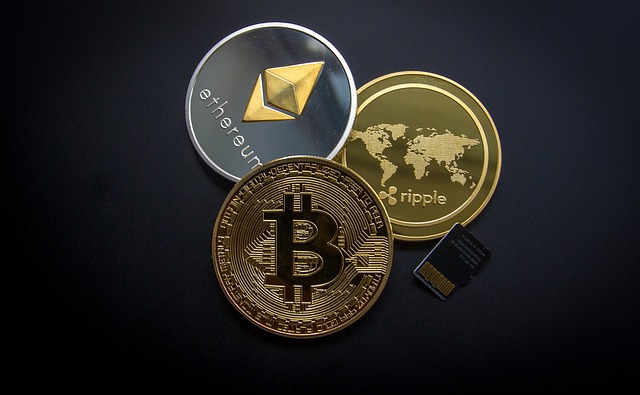Understanding DAO in Crypto
Decentralized Autonomous Organization (DAO) is a concept that has gained significant attention in the world of cryptocurrencies. DAOs leverage blockchain technology to create self-governing organizations, changing the traditional centralized decision-making process. In this article, we will delve into the intricacies of DAOs and their impact on the crypto industry.

What is DAO?
A DAO, as the name suggests, is an organization that operates autonomously, without the need for central authorities or intermediaries. It is built on blockchain technology and governed by smart contracts. In essence, a DAO is a set of rules and protocols encoded into a smart contract, outlining the structure and decision-making process of the organization.
The Core Principles of DAO
1. Decentralization
Decentralization is a fundamental principle of DAOs. Unlike centralized organizations, decision-making authority is distributed among all participants. DAOs empower individuals to be part of the decision-making process, allowing for consensus-driven governance.
2. Transparency
Transparency plays a pivotal role in DAOs. Since all transactions and decisions are recorded on the blockchain, members can access and scrutinize the organization's activities. This transparency fosters trust and accountability within the DAO ecosystem.
3. Autonomy
DAOs rely on smart contracts to execute predefined rules and protocols. The automation ensures that the organization operates efficiently and independently. Once the rules are established, the DAO functions autonomously without requiring continuous human intervention.
How DAOs Benefit the Crypto Industry
1. Democratized Governance
DAOs revolutionize governance by providing a democratic platform. Instead of a select few making decisions, all participants have a voice. This inclusive approach fosters a sense of community and reduces the risk of centralized control.
2. Enhanced Security
Blockchain technology ensures enhanced security for DAOs. The immutability of the distributed ledger makes it extremely difficult for malicious actors to manipulate or corrupt data. Additionally, due to the consensus-driven nature of DAOs, major decisions require agreement from a significant majority, reducing the risk of fraudulent activities.
3. Increased Efficiency
DAOs eliminate the need for intermediaries and bureaucratic processes, resulting in increased operational efficiency. Smart contracts automatically execute rules and protocols, reducing delays and human error. This streamlined approach allows for faster decision-making and implementation of organizational changes.

Challenges and Risks of DAO
While DAOs offer numerous advantages, they are not without challenges and risks. The following are some key considerations:
1. Code Vulnerabilities
Smart contracts that govern DAOs can be vulnerable to exploits and attacks if not audited and tested thoroughly. Security breaches can lead to substantial financial losses and erode trust in the organization.
2. Regulatory Uncertainty
The regulatory landscape surrounding DAOs is still evolving. Different jurisdictions may have varied interpretations of DAO governance, potentially causing legal complexities and uncertainties.
3. Sybil Attacks
DAOs can face challenges from malicious actors attempting to manipulate the consensus mechanism by creating multiple identities or "Sybil attacks." Implementing effective identity verification systems is crucial to mitigate this risk.
Conclusion
DAOs exemplify the innovation and disruptive potential of blockchain technology. By blending the principles of decentralization, transparency, and autonomy, DAOs revolutionize decision-making, governance, and efficiency. However, caution must be exercised with careful code auditing, regulatory compliance, and securing decentralized systems to fully leverage the benefits DAOs offer to the crypto industry.